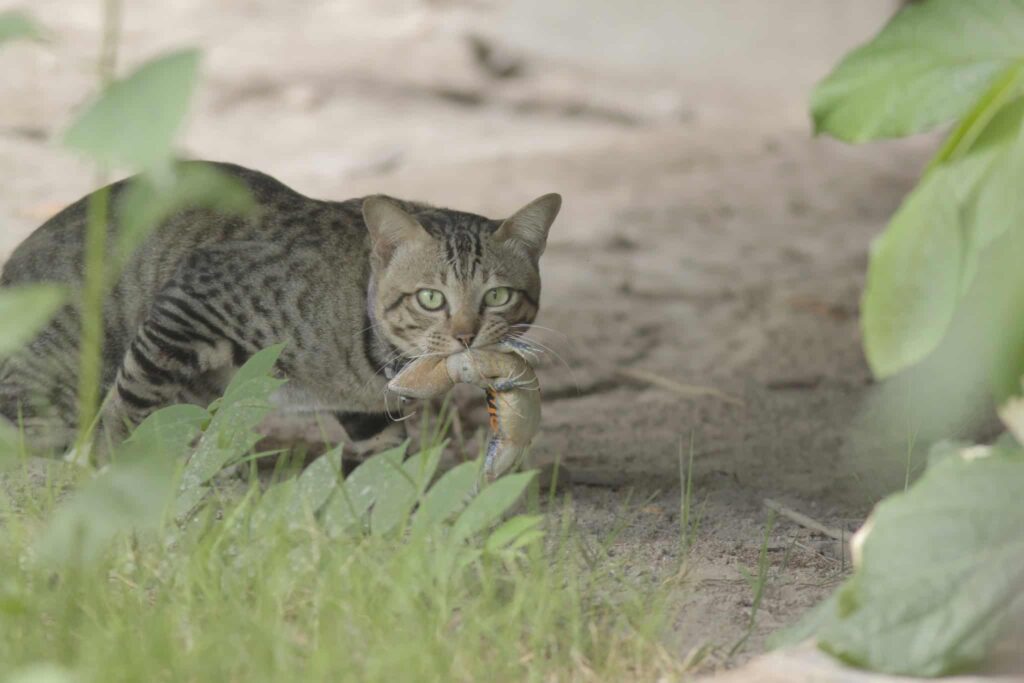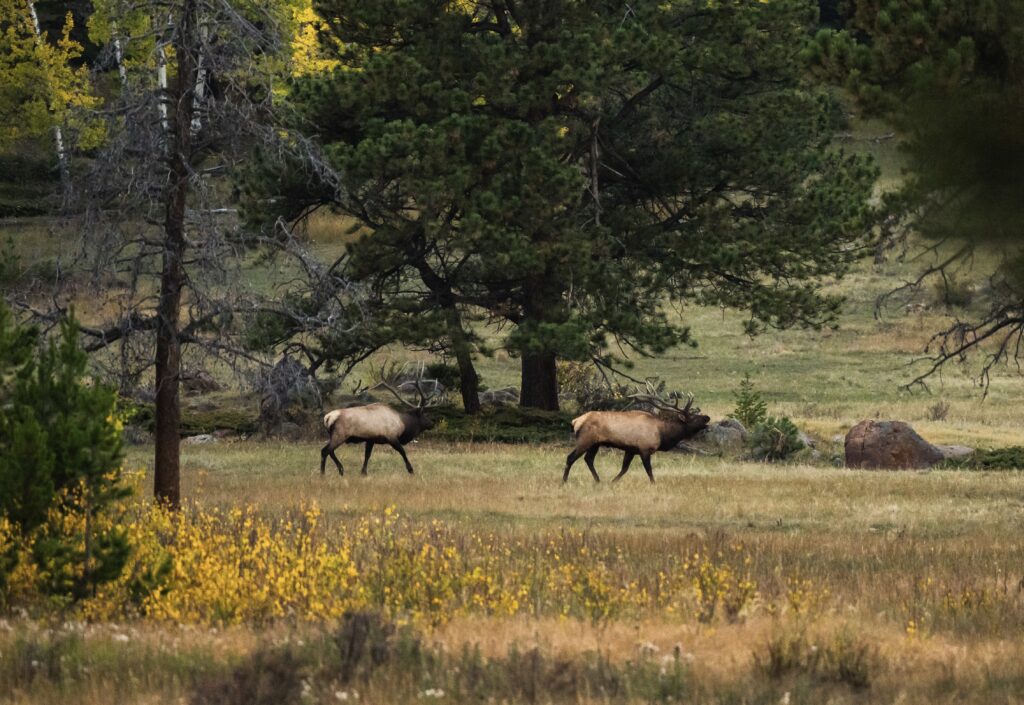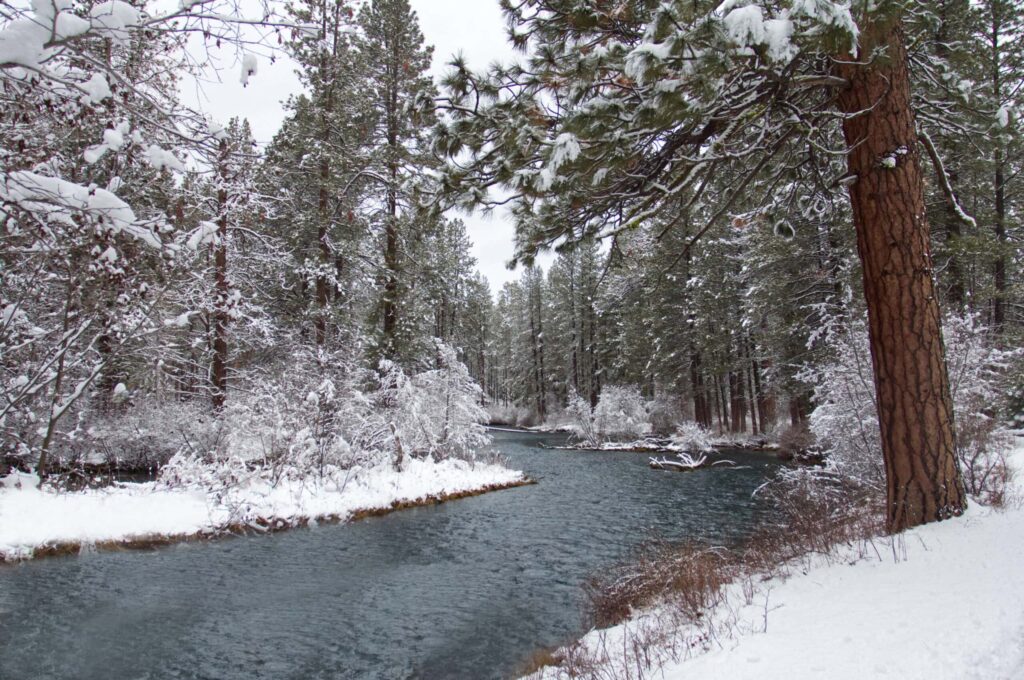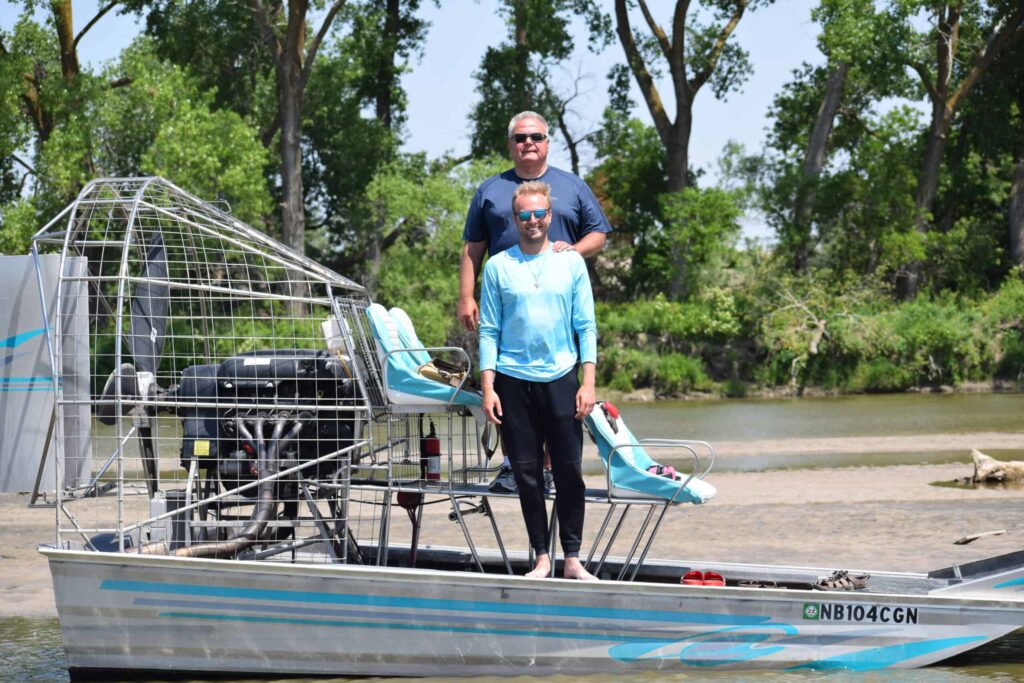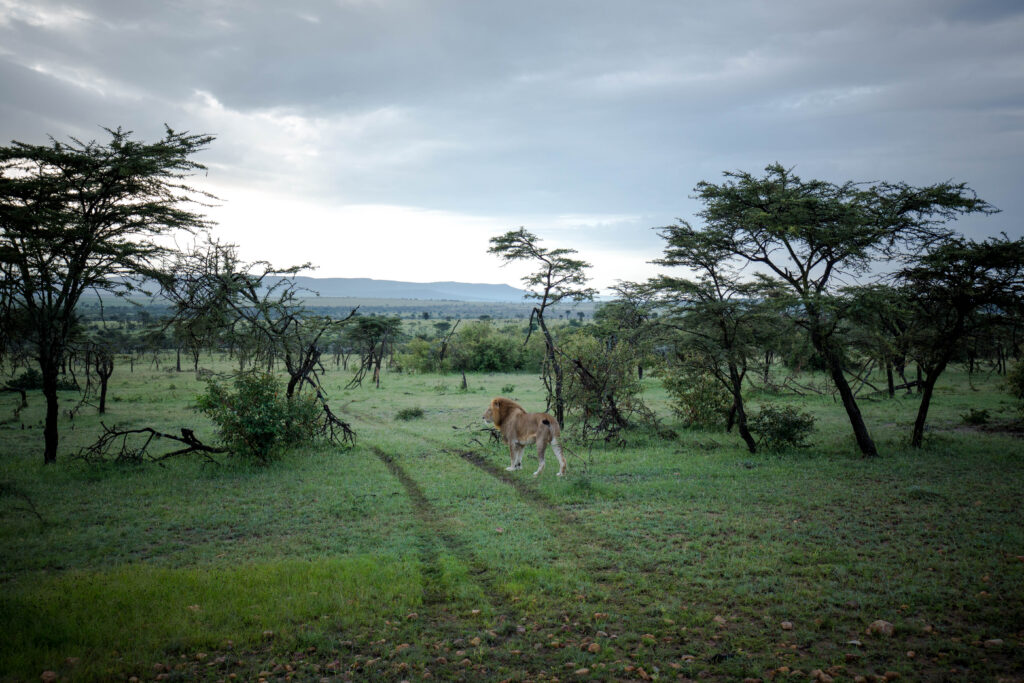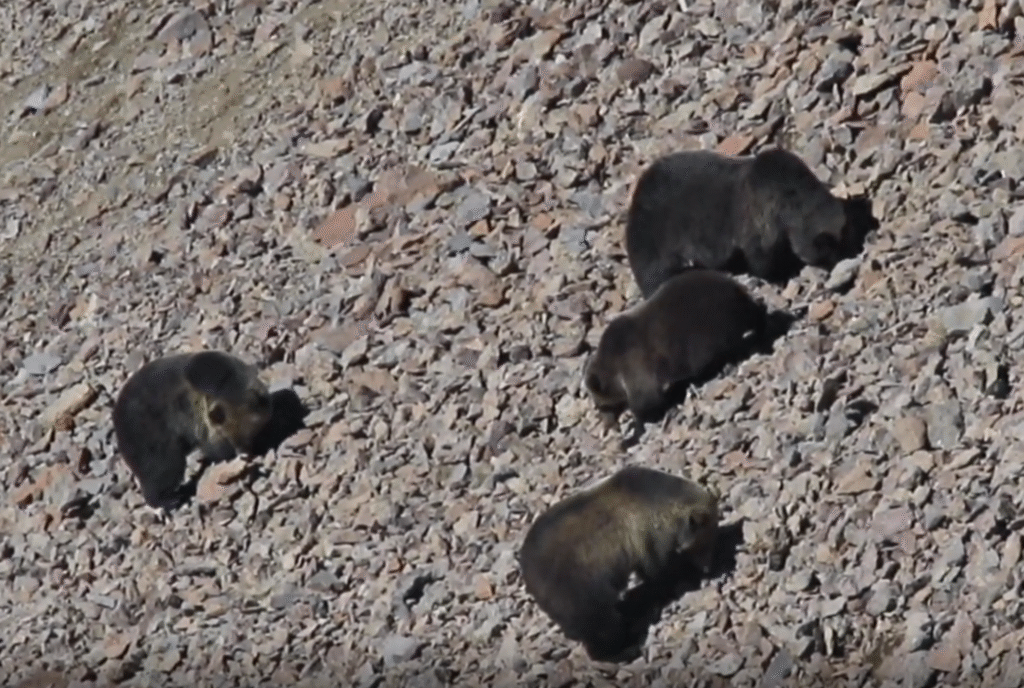On Feb. 16, a House Natural Resources panel considered a suite of public land and wildlife conservation bills, including the Modernizing the Pittman-Robertson Fund for Tomorrow’s Needs Act of 2017 (H.R. 2591) and Recovering America’s Wildlife Act (H.R. 4647).
These two bills would amend parts of the Federal Aid in Wildlife Restoration Act, known as the Pittman-Robertson Act. The Wildlife Society submitted testimony submitted testimony to the panel, expressing strong support for H.R. 4647, while raising concerns about the effects H.R. 2591 could have on state wildlife management funding.
Enacted in 1937, the Pittman-Robertson Act allocates federal excise taxes from ammunition, bow, arrow, and firearm purchases to fund state wildlife conservation programs. Through this mechanism, hunters and recreational shooters have provided more than $15 billion (inflation-adjusted) in funding for state-based wildlife restoration and management. However, persistent declines in hunter participation may weaken this funding mechanism in the future. H.R. 4647 and H.R. 2591 seek to counteract these trends.
Introduced by Rep. Austin Scott (R-GA), H.R. 2591 proposes multiple amendments to Pittman-Robertson Act, in part to modify its purpose to include financial and technical support for state hunter and recreational shooter recruitment.
To make funds available for such efforts, the bill proposes changes to the Pittman-Robertson Act Section 4(b) Wildlife Restoration Account that funds wildlife research, management, monitoring, and more. The proposed change would allow up to 25% of 4(b) funds to be used for hunter and recreational shooting recruitment, including the construction and maintenance of shooting ranges. The bill would also allow all funds in Section 4(c) and Section 10 to be used for recruitment and shooting range development; these Sections currently provide funding for Hunter Education programs
Finally, the bill would direct an additional $5 million from Section 4(b) funds to Section 11 – which funds multistate conservation grants (MSCG) – to establish a MSCG program for national hunter and shooter recruitment efforts.
In their testimony, The Wildlife Society expressed appreciation for the need for increased hunter and recreational shooter recruitment. However, TWS also expressed concern that the proposed changes to Section 4(b) could result in necessary funds – up to $160 million based on FY2017 allocations – being pulled away from wildlife restoration to recruitment efforts.
“Redirecting Section 4(b) funds could lead to a broad reduction in science-based wildlife management and research capacity for state wildlife agencies and erode the underlying focus of those agencies—from maintaining their public trust responsibilities to the recruitment of a single constituency,” TWS writes in testimony submitted to the panel.
The National Wildlife Federation and several state affiliates also expressed concern over the effects this legislation could have on wildlife funding. In a letter letter to the panel, they suggested three changes to the bill to mitigate their concerns, including removing the changes to Section 4(b).
In the testimony, TWS strongly supported H.R. 4647, Recovering America’s Wildlife Act, which was introduced by Reps. Jeff Fortenberry (R-NE) and Debbie Dingell (D-MI) in December 2017. TWS believes this legislation is a positive development in providing a 21st century model for fish and wildlife conservation funding.
H.R. 4647 would dedicate $1.3 billion annually to fund State Wildlife Action Plans from existing oil and gas royalties. Prioritizing Species of Greatest Conservation Need, these plans would ensure such species remain abundant, off the endangered species list, and managed by the states.
H.R. 4647 would also require states to contribute a 25% non-federal match which encourages partnerships and community support for wildlife conservation.
At the hearing, Bob Ziehmer, the director of conservation for Bass Pro Shops, provided oral testimony in support of both H.R. 2591 and H.R. 4647, claiming they are necessary steps to secure continued funding for wildlife management. Rep. Colleen Hanabusa (D-HI) expressed concern over the changes to the Pittman-Robertson Act proposed by H.R. 2591.
“While I understand the rationale for this change, these are goals that could detract from wildlife conservation efforts,” she said, echoing TWS’ concerns.
The committee is still considering both bills; if passed by the House, the bills will also need to be approved by the the Senate.
Read TWS’ Standing Positions on the North American Model of Wildlife Conservation and Hunting.
Article by Emily Ronis